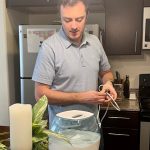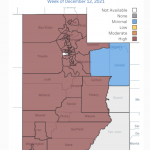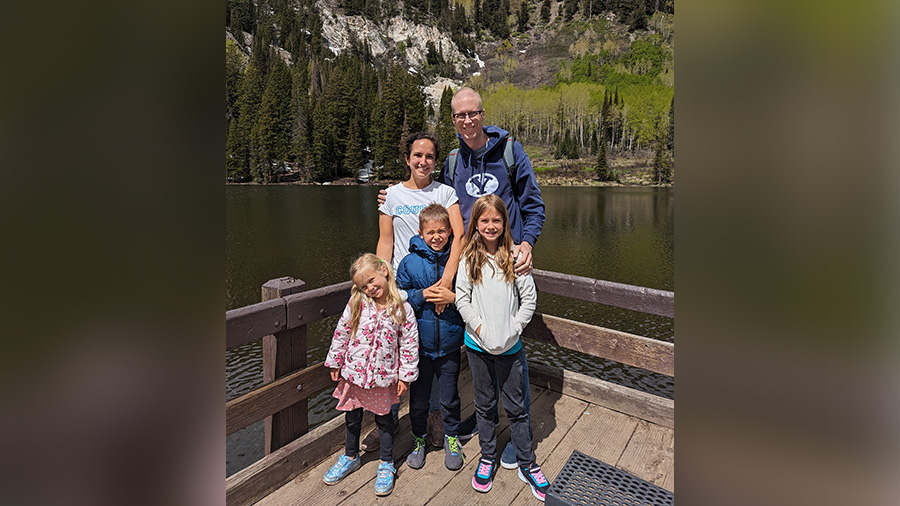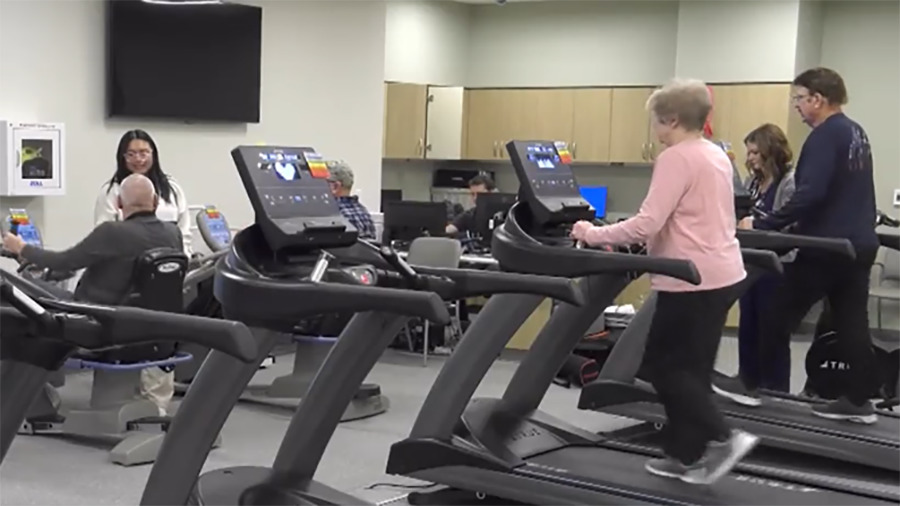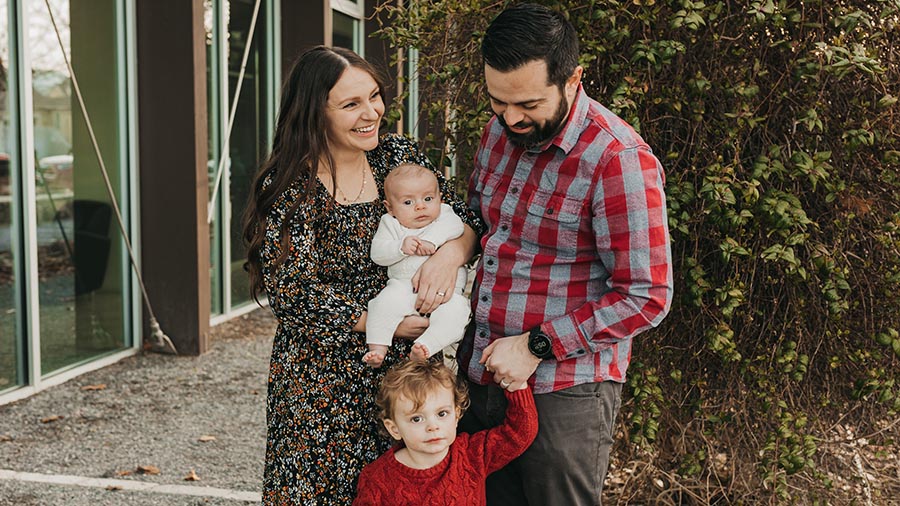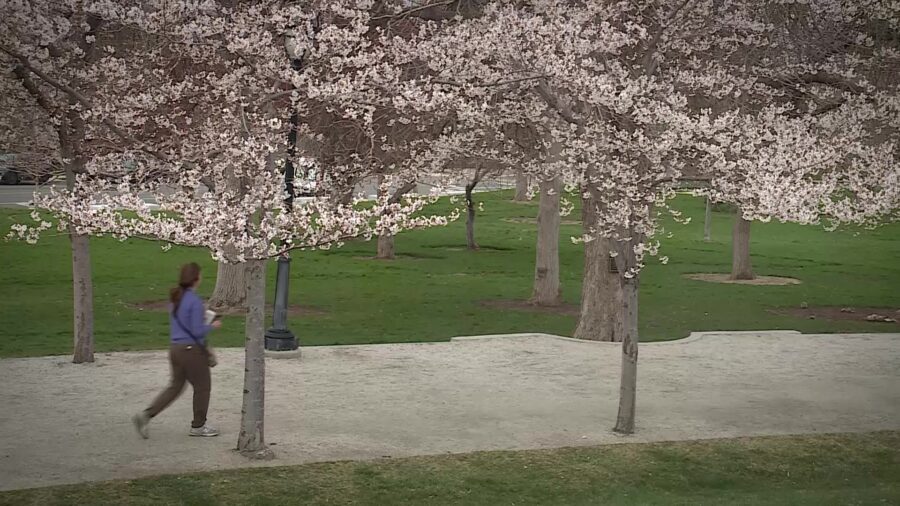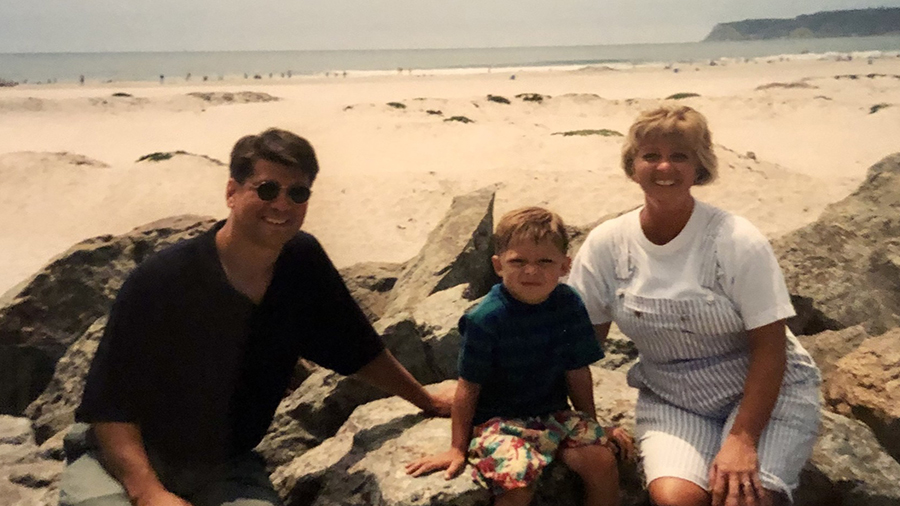RSV spikes in Utah: How to prevent it
Dec 31, 2021, 5:15 PM | Updated: 10:05 pm
NORTH SALT LAKE — There’s another respiratory illness that’s spiking in Utah. RSV can be especially hard on babies and senior citizens.
A helpful tool tracks it.
The Morgans have toddler, James, and a new baby.
“Elliot, he’s just two months old,” Brianna Morgan said. “Right now, he just loves to snuggle and eat milk. It’s a good life.”
Recently, they all got RSV.
“First it was James who got it, and then Elliot got it a little later,” Morgan said. “Then I got it, and then my husband got it. Someone in our family was sick for a whole month, so it was a lot of hunkering down.”
Along with the usual remedies, like using a humidifier, there’s an online tool available to everyone.
GermWatch, by Intermountain Healthcare, shows what illnesses are going around. The website also explains the symptoms, the incubation period of the virus, and when it’s a good idea to seek medical attention.
RSV and the flu are the two diseases spreading the fastest right now, and by clicking on “RSV,” you can see a map that shows exactly where and how severe the spread is.
A reddish-brown color depicts that RSV is everywhere in Utah currently.
Grace Lisch, a mother of three who lives in Saratoga Springs, said of her school-aged son, “I forgot to throw a mask on him. He caught RSV. (He) is having 102.5 degree fevers.”
Nikki Hatch, a mother of three in Lehi, said, “(RSV) It hit my son the day after Thanksgiving, and then it also hit my husband that same day. Then, I was like Tuesday of the following week. This virus is brutal.”
According to the National Center for Biotechnology, “RSV is one of the most common viruses to infect children worldwide, and increasingly… an important pathogen in adults, especially the elderly.”
“It does land babies in the hospital and can land older people in the hospital as well,” said Dr. Per Gesteland, a pediatric hospitalist with Intermountain Healthcare.
He said the symptoms begin like a cold.
“That little bit of itch, runny nose, the nasal congestion, sneezing, coughing. (It) can be a very serious lower respiratory tract infection for babies, especially little babies, or babies that have underlying heart disease, lung disease.”
Experts say RSV spreads the fastest in the winter and early spring. Symptoms typically show up three to seven days after being exposed to the virus, and you’re usually contagious for three to eight days. However, infants and people with a weakened immune response can spread it to others for several weeks.
The best treatment is prevention: washing hands, wearing masks, and staying home when sick.
Advice the Morgans take with them for a healthy and happy new year.
“If you know something’s spreading in your area, you can be more proactive about washing your hands and all the things we need to do to stay healthy,” Morgan said.

